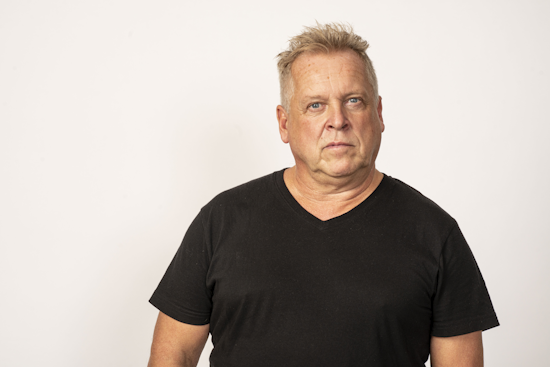What advice do you find yourself giving your fellow entrepreneurs?
It depends on what stage they are in. For very early companies, I would remind them that you can't be half pregnant. There's no safe way to build a company. If you're building a startup, you have to just build it. Too many people are talking about companies and talking about ideas, very few are actually doing it.
I’d also advise against the fetishizing of ideas. The idea isn’t the thing. Entrepreneurs can become obsessed with their idea: specifically their idea being unique. Firstly, if you're the only person on the planet that has this idea, either you're too early or it's stupid.
The power is in the execution. Even if I gave you all the information or ideas that I might have, you still need to execute it on it. And the idea will change over time as you learn what is possible, profitable and more useful to the market you want to serve.
Any final thoughts?
The world is connected, everything is international. The model where first I'm going to sell to my family and my grandparents and then into the city and maybe expand to a bigger city later - is a very old-fashioned way of building a business. Go out there, sell internationally. Don't limit yourself to your own neighbourhood. Be ambitious, be curious and be able to take in learnings and adapt.










